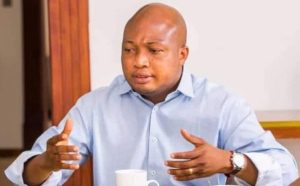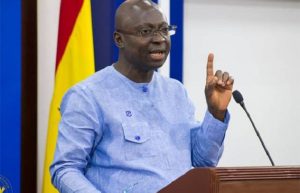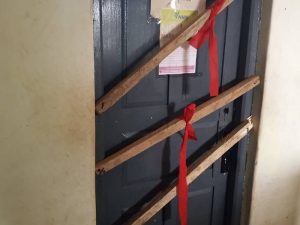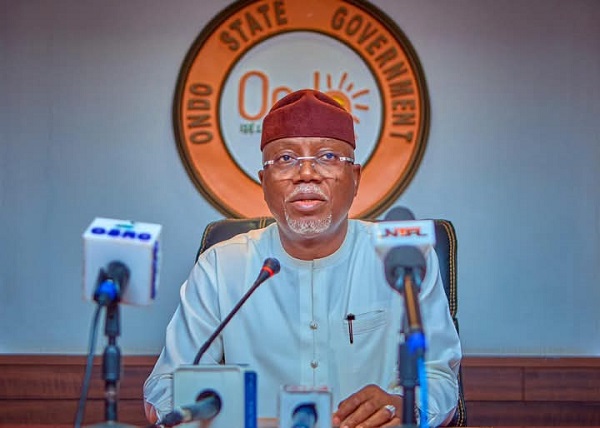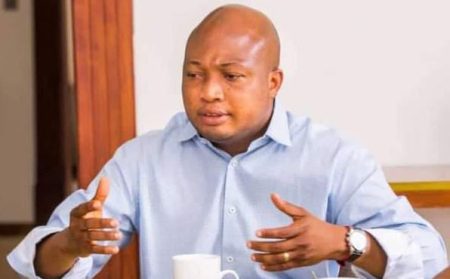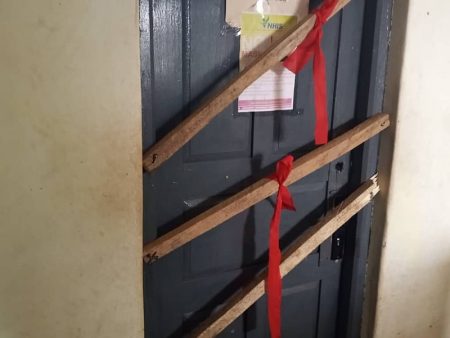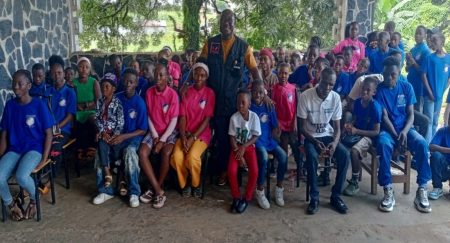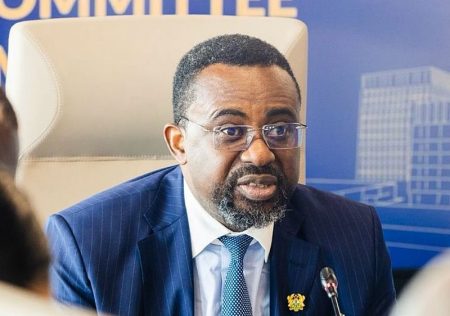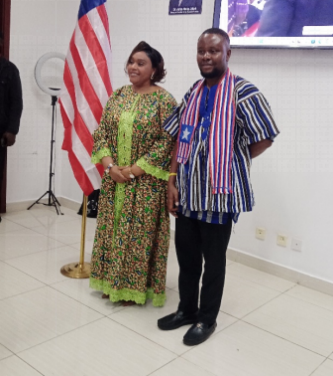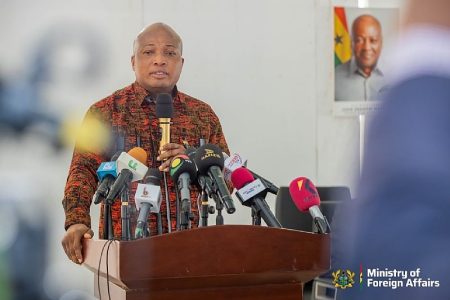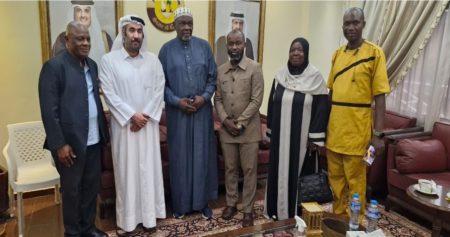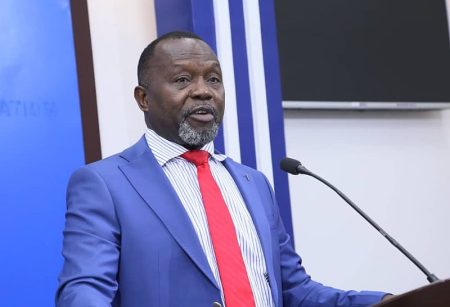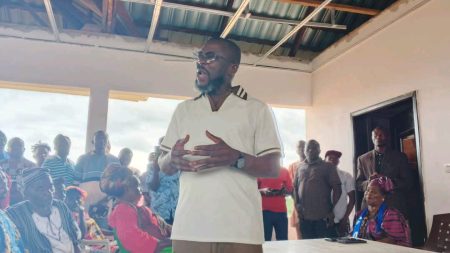The political landscape in Ondo State, Nigeria, is experiencing a period of tension following a directive from Governor Lucky Aiyedatiwa concerning pro-President Tinubu groups within the All Progressives Congress (APC). The directive, issued during a meeting at the Government House in Akure, called for the consolidation of all such groups under the umbrella of the “Central Party Structure.” This move, ostensibly aimed at streamlining support for President Tinubu’s second term bid, has sparked controversy and accusations of hypocrisy from a dissenting political group within the APC.
The Conscious Ondo State Citizens, a group within the APC, has vehemently rejected the governor’s directive, arguing that it contradicts the spirit of democratic engagement and stifles grassroots mobilization. The group points to the governor’s own reliance on diverse support groups during his gubernatorial campaign as evidence of the efficacy of this approach. They contend that forcing these groups to collapse into a single structure undermines their autonomy and potentially marginalizes their contributions to the party’s success. The group further accuses the governor of prioritizing personal ambition over party loyalty, suggesting that the directive is motivated by a desire to control and consolidate power rather than genuine concern for party unity.
The governor’s office has responded to the criticism by claiming that the directive has been misinterpreted. According to the Chief Press Secretary, Ebenezer Adeniyan, the governor’s intention was not to dismantle existing support groups, but rather to foster collaboration and unity under the broader party structure. This clarification, however, fails to address the core concerns raised by the Conscious Ondo State Citizens, who maintain that the directive effectively neutralizes the independent functioning of these groups. The conflicting narratives highlight a deeper power struggle within the Ondo State APC, with differing factions vying for influence and control in the lead-up to the 2027 presidential election.
The controversy underscores the complex dynamics of political mobilization within Nigeria’s multi-party system. The proliferation of support groups often reflects the fragmented nature of political allegiances and the need for politicians to cultivate diverse constituencies. While such groups can play a vital role in mobilizing support and resources, they can also become sources of internal division and competition, particularly when their autonomy is perceived as a threat to the established party hierarchy. The governor’s directive can be interpreted as an attempt to reassert central control over these potentially disruptive forces, ensuring that all efforts are aligned with the official party line.
The debate also raises questions about the balance between party discipline and democratic participation. While a degree of coordination and structure is essential for effective political organization, excessive centralization can stifle grassroots initiative and limit the space for dissenting voices within the party. The Conscious Ondo State Citizens argue that the governor’s directive represents an overreach of authority, curtailing the freedom of party members to organize and express their support for the President in their own way. They maintain that a more collaborative approach, which recognizes and respects the contributions of diverse support groups, would be more conducive to party unity and electoral success.
The situation in Ondo State serves as a microcosm of the broader challenges facing the APC as it navigates the post-Buhari era. The party is grappling with internal divisions and competing power centers, even as it faces growing pressure from opposition parties. The controversy surrounding the pro-Tinubu support groups highlights the need for the APC to develop a more inclusive and participatory model of political organization, one that balances the need for central control with the importance of grassroots mobilization and democratic engagement. Failure to address these underlying tensions could undermine the party’s cohesion and jeopardize its prospects in future elections. The coming months will be crucial in determining whether the APC can effectively manage these internal dynamics and present a united front as the 2027 presidential election draws closer.


